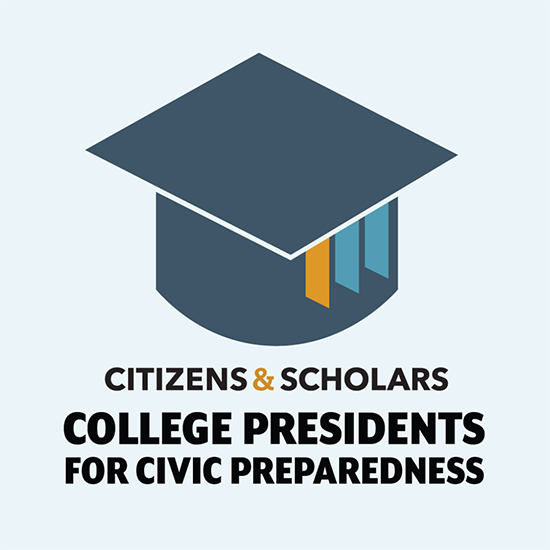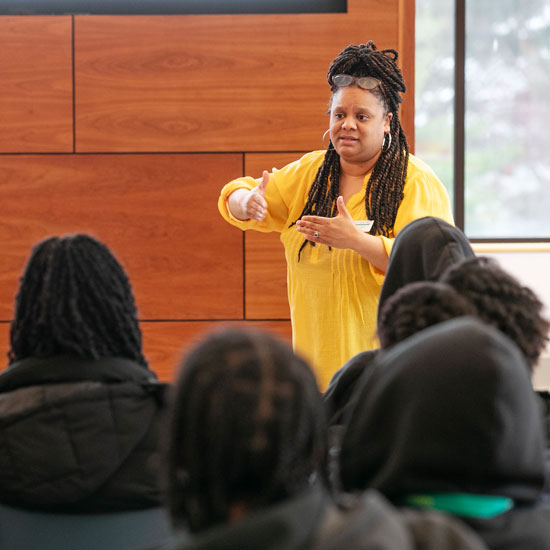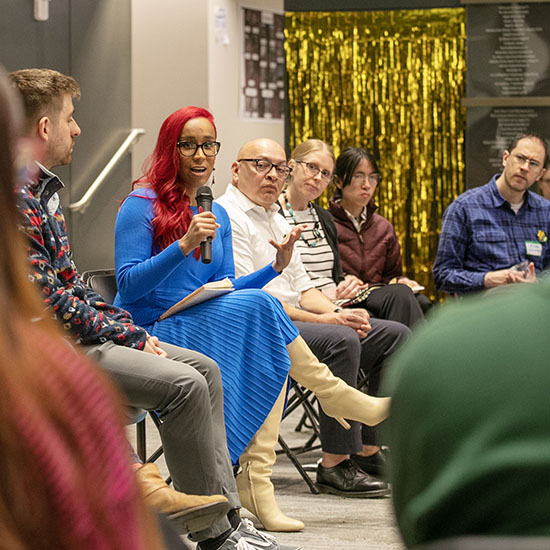Going greener
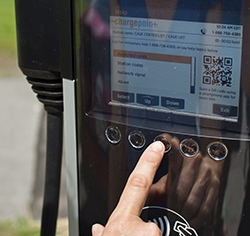
The new EV charger, provided free by Skidmore
“We’ve seen a lot more electric vehicles on campus,” notes Levi Rogers, Skidmore’s sustainability coordinator. In response to growing demand at its first EV charging station—installed in 2014 through an incentive program by the National Grid utility firm—Skidmore has just opened a second charger. Like the first one, in the Palamountain Hall parking lot, the new station has two cables and two parking spaces reserved for EVs while charging.
After a survey of the campus community for location preferences, and after an analysis of where best to bury the electric cables and from which building, the new charger was placed at the bottom of Case Center lot, with its juice coming from Wiecking Hall. The project was funded by alumni and other donors who earmark their gifts for sustainability, as well as by outside grant money and Skidmore’s regular budget. Now the sustainability office is developing a strategy for expanding campus EV support further: for example, should chargers be clustered or widely distributed, and should prospective EV cabling be factored into any future excavation projects?
The Case lot charger was immediately put to use. In fact, Rogers says, “EV drivers seem to be forming a little community, and they email each other to check on availability and take turns at the chargers.” Eun-sil Lee, an advisor in the Opportunity Program, uses an app to track charger status. She says, “I also get email notifications when my charge is complete, and I try to move my car within the next 30 minutes.” Lee bought her EV knowing that campus charging could “broaden the choice of cars, rather than limiting my choice to just those with enough mileage to do my entire round-trip.”
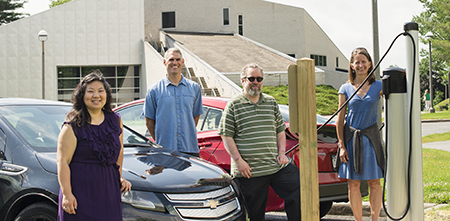
EV drivers Lee, Youndt, Sanders, and Kellogg gather at the Case Center charging station.
IT staffer John Sanders agrees that “having a charger at Skidmore was a huge bonus to getting an EV. I don't have a big commute right now, but I might in the near future, and having on-campus charging means I could take a side trip on the way home.”
Environmental studies professor Karen Kellogg and her husband, business professor Mark Youndt (who keeps an eye on the Palamountain charger from his office window), saw “a sharp increase” in EVs being charged in recent years, and say the new station “has already helped ease the crunch.” They invite all EV owners to join the email list by contacting Jen Natyzak in the sustainability office.
Lee wonders if the new charger “may encourage more people at Skidmore to buy EVs, and issues of access to chargers may arise again. The college needs to be prepared, as EVs are on the rise in general.”
Certainly the new charger has turned Case Center into quite a campus hub for green transportation.
The Case lot is the campus depot for the Capital District Transportation Authority buses that run to several Saratoga locations and also to Albany and Troy. Skidmore subsidizes the system, allowing all students, faculty and staff to ride free. With bike racks on their front bumpers, and with night and weekend schedules, the buses are popular in all seasons, reducing car trips and their carbon emissions. Further, Skidmore policy restricts vehicles from idling for more than five minutes.
Next door to Case, just outside Scribner Library, is the Bikemore program’s automated bicycle-borrowing rack. Rogers says, “Over 500 users are registered, and each summer we sign up about 100 special-program participants.” The summer users, living and learning on campus for perhaps a week or a month, often want a bike for trips downtown or recreational riding. The student director of Bikemore provides maps of suggested routes for safe, easy riding to popular destinations.
The bikes, buses, and EV plugs—along with green energy, waste management, and particularly academics and outreach—helped earn Skidmore a silver rating in the assessment system of the Association for the Advancement of Sustainability in Higher Education.
